How Much Time It Take To Learn Python Completely
4.9 out of 5 based on 37887 votesLast updated on 24th Mar 2025 45.5K Views
- Bookmark

Learn Python completely in 3-6 months with consistent practice. Master basics, advanced concepts, and real-world projects for full proficiency.
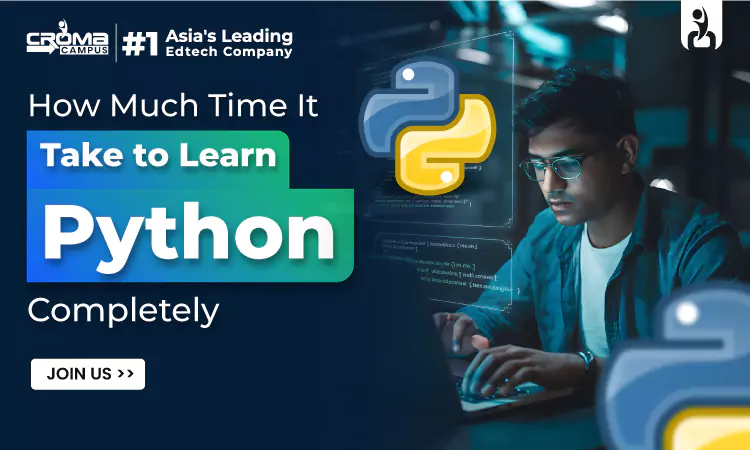
Python is one of the most popular and easy-to-learn programming languages today. Whether you're looking to learn it for career growth, data analysis, or just as a hobby, you might be wondering: how much time does it really take to learn Python completely?
Let’s talk about it in simple terms. The amount of time it takes to learn Python depends on many things, including your goals, the time you can dedicate, and how you learn. If you’re based in a city like Delhi, you may be interested in Python Classes in Delhi or local training options. But no matter where you are, learning Python is something anyone can do if they put in the effort.
In this blog, we will break down the learning process and explain how much time it usually takes to master Python. We’ll also look at different stages of learning and give you tips to speed up the process.
Learning Python: The Basics
For someone who has never programmed before, the basics of Python might take 1 to 2 months to get comfortable with. You’ll first learn how Python works, how to write simple commands, and how to use basic features like variables and loops.
During this phase, you’ll focus on:
- Understanding how Python syntax works (how you write code)
- Learning about variables, numbers, strings, and data types
- Writing simple code to do basic tasks like adding numbers or printing messages
- Using loops to repeat tasks and working with conditions (if statements)
If you’re in Delhi, you might find that Python Classes in Delhi teach these basics quickly because many tech companies in the area expect Python skills, especially in data science and web development.
For most beginners, learning these basic concepts should be enough to start writing small programs. At this point, you don’t need to know everything, but you need to understand the core concepts to build on.
Intermediate Python: A Deeper Dive
Once you have the basics down, it’s time to go deeper. The next step is to learn more complex topics like working with files, handling errors, and using libraries to make your code more efficient. This phase might take around 3 to 4 months.
During this stage, you will learn:
- Object-Oriented Programming (OOP): This is a big topic, where you learn to organize code into reusable objects and classes.
- Handling Errors: You’ll learn how to deal with mistakes in your code using “try” and “except”.
- Libraries: Python has many libraries like NumPy for math, Pandas for data, and Matplotlib for charts. You’ll learn how to use these to make your work easier.
If you’re taking Training in Noida, the courses here will likely give you hands-on practice with real-life examples. In Noida, the tech industry is rapidly growing, especially in software development and machine learning. As a result, the Python Training in Noida courses focus on teaching students how to apply Python in areas like web development, data science, and AI.
Advanced Python: Becoming an Expert
Reaching an expert level with Python takes time. This stage can take anywhere from 6 months to 1 year, depending on how much effort you put in. You’ll dive into even more advanced concepts like building large software applications, machine learning, and automation.
Key topics at this stage include:
- Advanced Data Structures: You’ll learn more about lists, dictionaries, and sets, but in more complex ways.
- Machine Learning: Python is the most popular language for machine learning. You’ll learn libraries like TensorFlow or Scikit-learn to create AI models.
- Web Development: If you want to build websites, you’ll learn frameworks like Flask or Django.
- Performance Optimization: You’ll learn how to make your code run faster and more efficiently.
If you're enrolled in an Advanced Python Course, expect a more project-based approach. You’ll work on building real applications, like a web app or a data analysis project. This gives you practical skills that you can apply in the job market.
Relevant Data Science Online Courses:
Full Stack Data Science Course
Python Course for Data Science
Machine Learning Online Classes
Gaining Real-World Experience
Learning Python is not just about reading books or following online tutorials. You need to work on projects to apply what you’ve learned. Projects can range from building simple tools to more complex applications. The more projects you work on, the better you’ll get.
Here are some examples of projects you might work on:
- Building a To-Do List App: Start with simple apps to get comfortable with Python syntax and libraries.
- Web Scraping: Write Python scripts to collect data from websites.
- Data Analysis: Use libraries like Pandas and Matplotlib to work with real data and create reports.
- Machine Learning: Use libraries like Scikit-learn to build predictive models with real datasets.
The more projects you complete, the quicker you'll improve. Don’t worry if you make mistakes. Each mistake is a chance to learn something new.
How Long Will It Take?
Here’s a simple breakdown of how long each stage might take:
Stage | Time Commitment | Key Topics |
Basics | 1-2 months | Variables, loops, conditions |
Intermediate | 3-4 months | OOP, file handling, libraries |
Advanced | 6 months to 1 year | Machine learning, web development |
Mastery | Ongoing | Projects, problem-solving, coding challenges |
Tips to Speed Up Your Learning
- Practice Every Day: The more you code, the better you get. Even if it's just for 30 minutes a day, consistent practice is key.
- Work on Projects: Start small but aim to build something useful. This helps you understand Python beyond theory.
- Join Coding Communities: Look for online forums, meetups, or local Python groups in your city (such as in Delhi or Noida). Being part of a community helps you stay motivated.
- Learn from Mistakes: Don’t be afraid of errors. Debugging is an essential skill in programming.
- Use Online Resources: You can take Python Online Courses to learn from experts and use free websites and tutorials to practice.
You May Also Read:
Python Interview Questions and Answers
Data Science Interview Questions and Answers
Key Takeaways
- Learning Python completely depends on your dedication and the time you can commit to learning.
- For most beginners, mastering the basics takes 1 to 2 months.
- Intermediate topics take around 3 to 4 months, while advanced topics may take up to 6 months to 1 year.
- Real-world projects help solidify your skills and accelerate learning.
- The time to become proficient varies by individual, but with focused learning and consistent practice, you can make steady progress.
Sum up,
If you are looking for a structured learning experience, Python Online Course offer great flexibility. For those in Delhi or Noida, enrolling in Python Classes in Delhi or Python Training in Noida will provide you with resources to stay up-to-date with the latest industry trends.
Remember, learning Python is a marathon, not a sprint. Stay patient, keep practicing, and you will see progress over time.
Subscribe For Free Demo
Free Demo for Corporate & Online Trainings.
.webp)

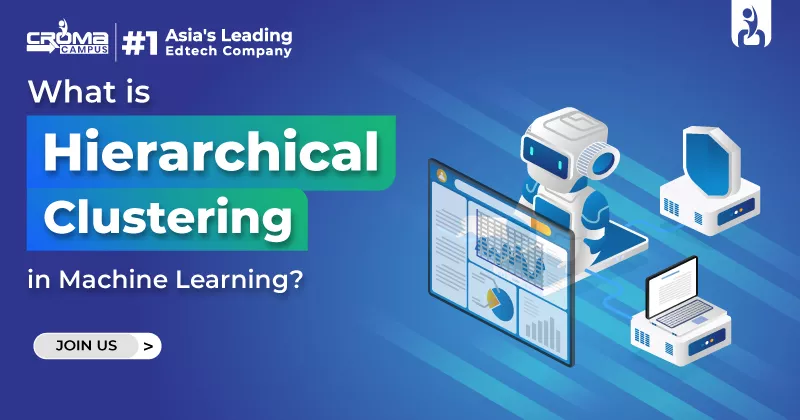
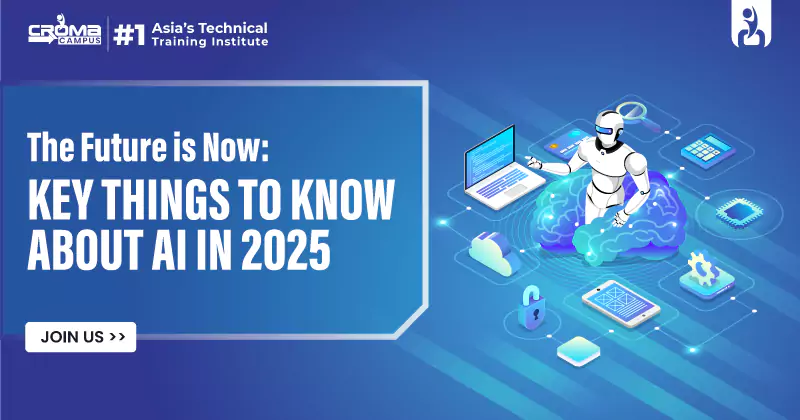
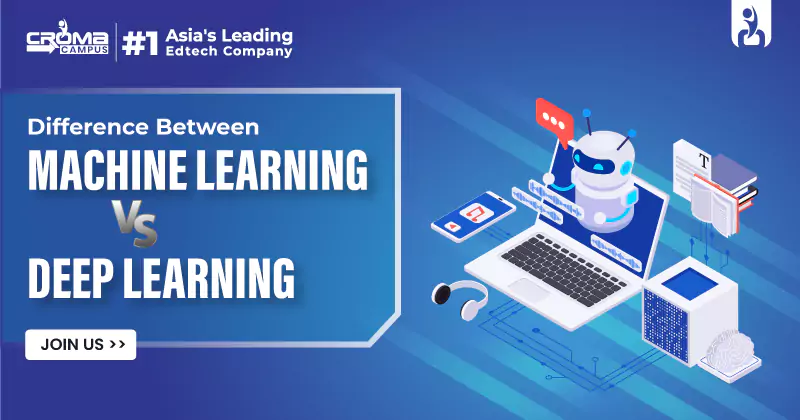
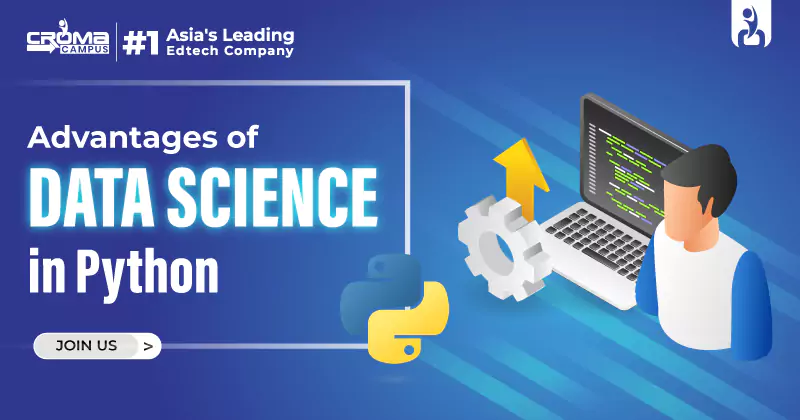
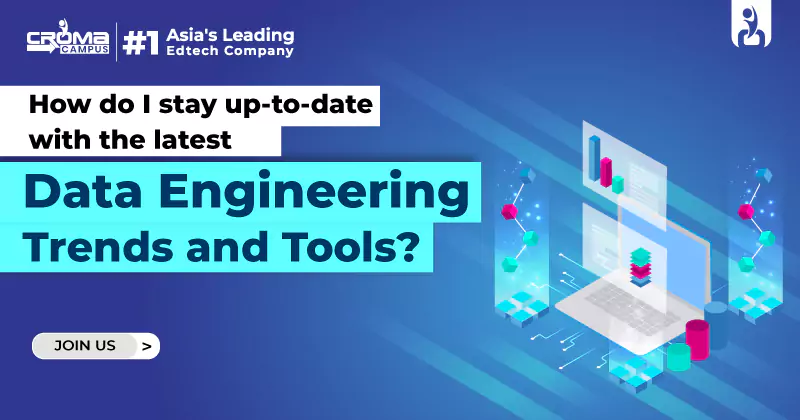

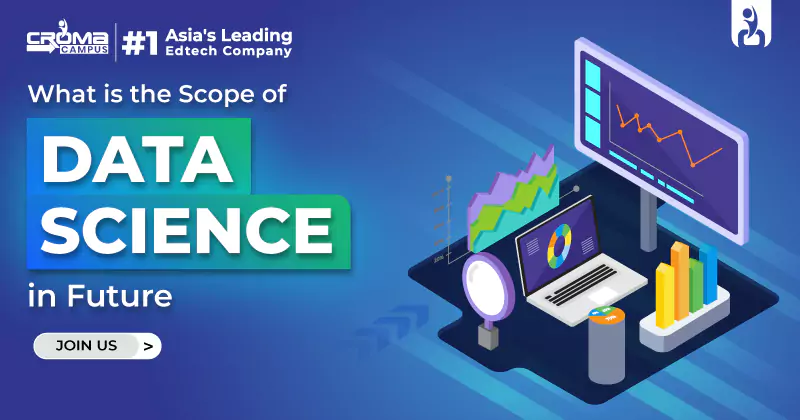
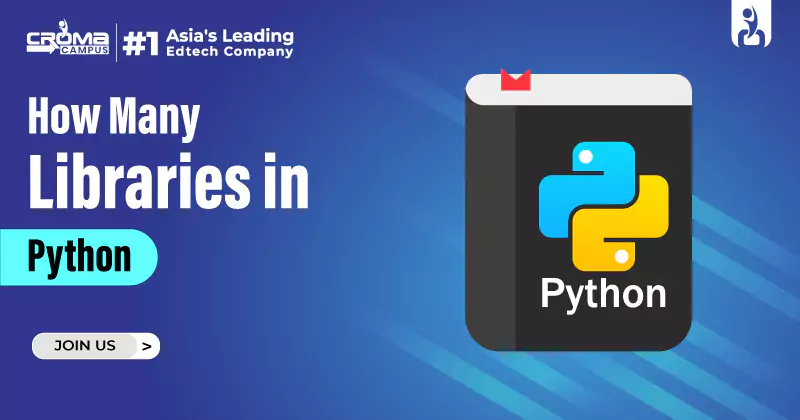

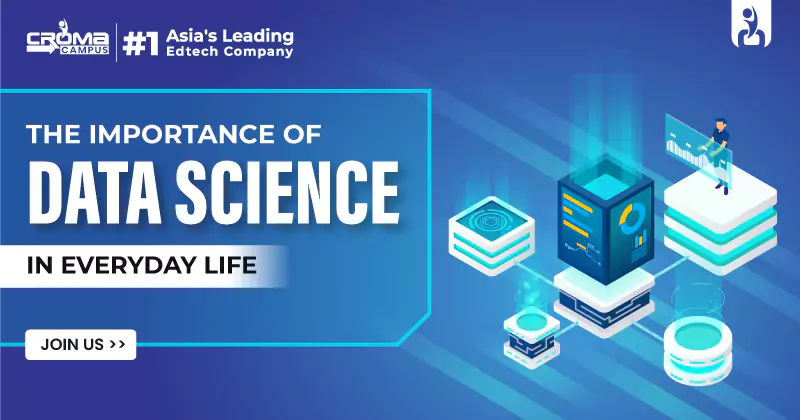













.webp)
.webp)

.png)















